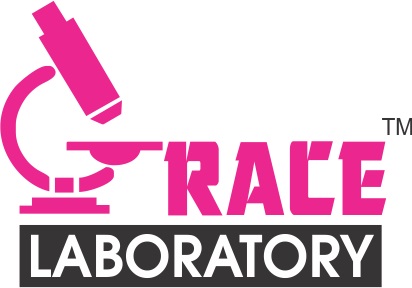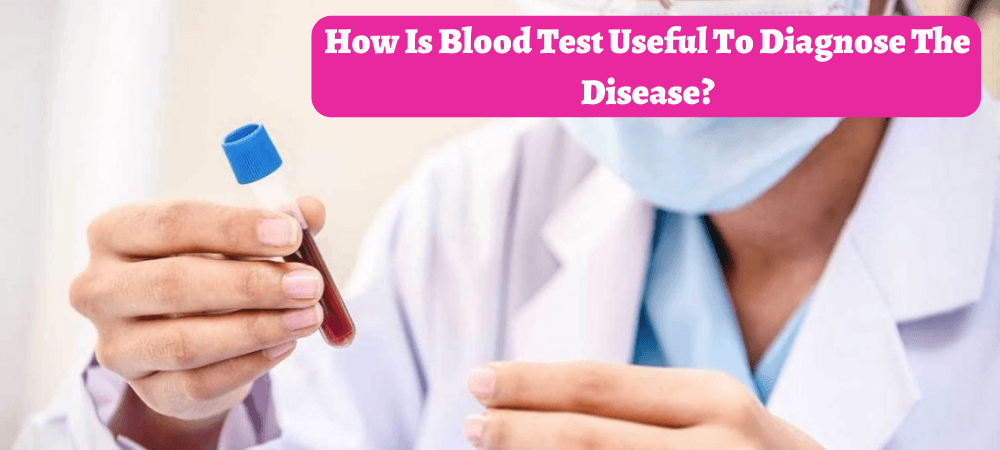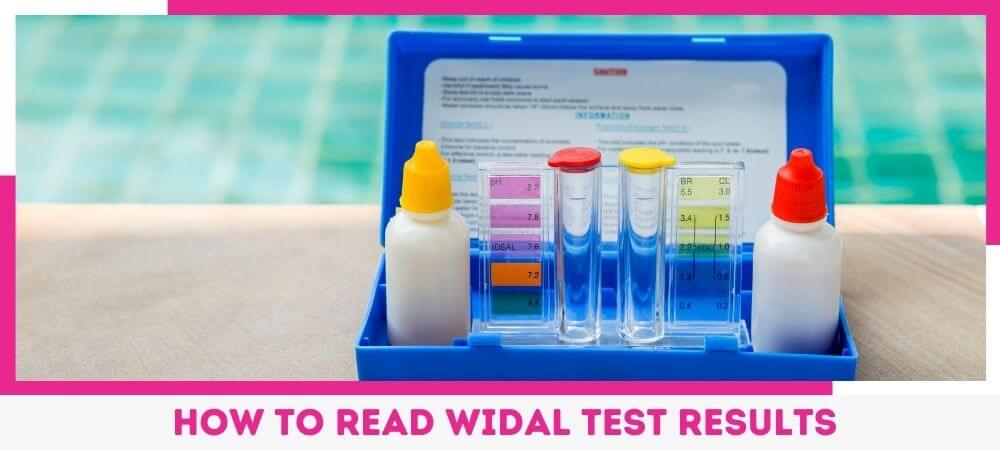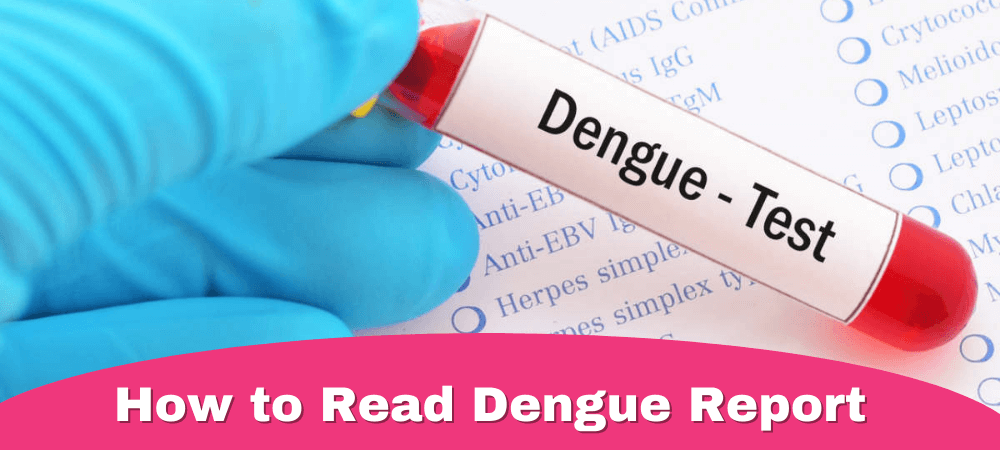Blood tests are commonly used to diagnose disease. However, there is debate about how useful they are. Some argue that blood tests are not always accurate, while others say they are a valuable tool for diagnosis. In this blog post, we will explore the use of blood tests to diagnose disease.
What Is A Blood Test?
A blood test is a laboratory analysis performed on a sample of blood. The blood is usually drawn from a vein in the arm, but other sites such as the finger, heel, or earlobe can also be used. Blood tests are used to determine a variety of things, including a person’s blood type, cholesterol level, and whether they have any diseases or medical conditions.
There are many different types of blood tests, and they can be performed for various reasons. Some blood tests are used to screen for diseases or conditions, while others are used to diagnose a particular situation. Blood tests can also be used to monitor a person’s health or check for side effects from a medication.
5 Different Ways A Blood Test Useful In Diagnosing A Disease
There are different types of blood tests. The most common type is the complete blood count (CBC). It is done to know the level of red blood cells, white blood cells, and platelets in the blood. It also helps to diagnose, treat, and prevent the disease. Other kinds if blood tests include lipid panels, liver function tests, thyroid function tests, kidney function tests and diabetes tests.
The following are the five ways different blood tests are helpful to diagnose the disease:
1. A blood test can help doctors identify infections.
2. A blood test can show whether you have anemia.
3. A blood test can help diagnose diabetes.
4. A blood test can reveal whether you have cancer.
5. A blood test can help determine whether you have heart disease.
Are There Any Risks Associated With Blood Tests?
Blood tests are a routine part of medical care and are generally considered safe. However, as with any medical procedure, some risks exist. The most common risk associated with blood tests is slight bruising or bleeding at the site of the needle prick. More severe complications can occur in rare cases, such as infection, fainting, or dizziness.
If you have any concerns about the risks of blood tests, be sure to discuss them with your doctor. They can answer any questions and help you make an informed decision about whether or not a blood test is proper for you.
How Can I Get A Blood Test?
If you want a blood test, you can visit us at Grace Laboratory. We offer a wide range of blood tests, and our experienced staff can help you choose the right one for your needs. We also offer convenient online appointment scheduling, so you can get the care you need without delays.





